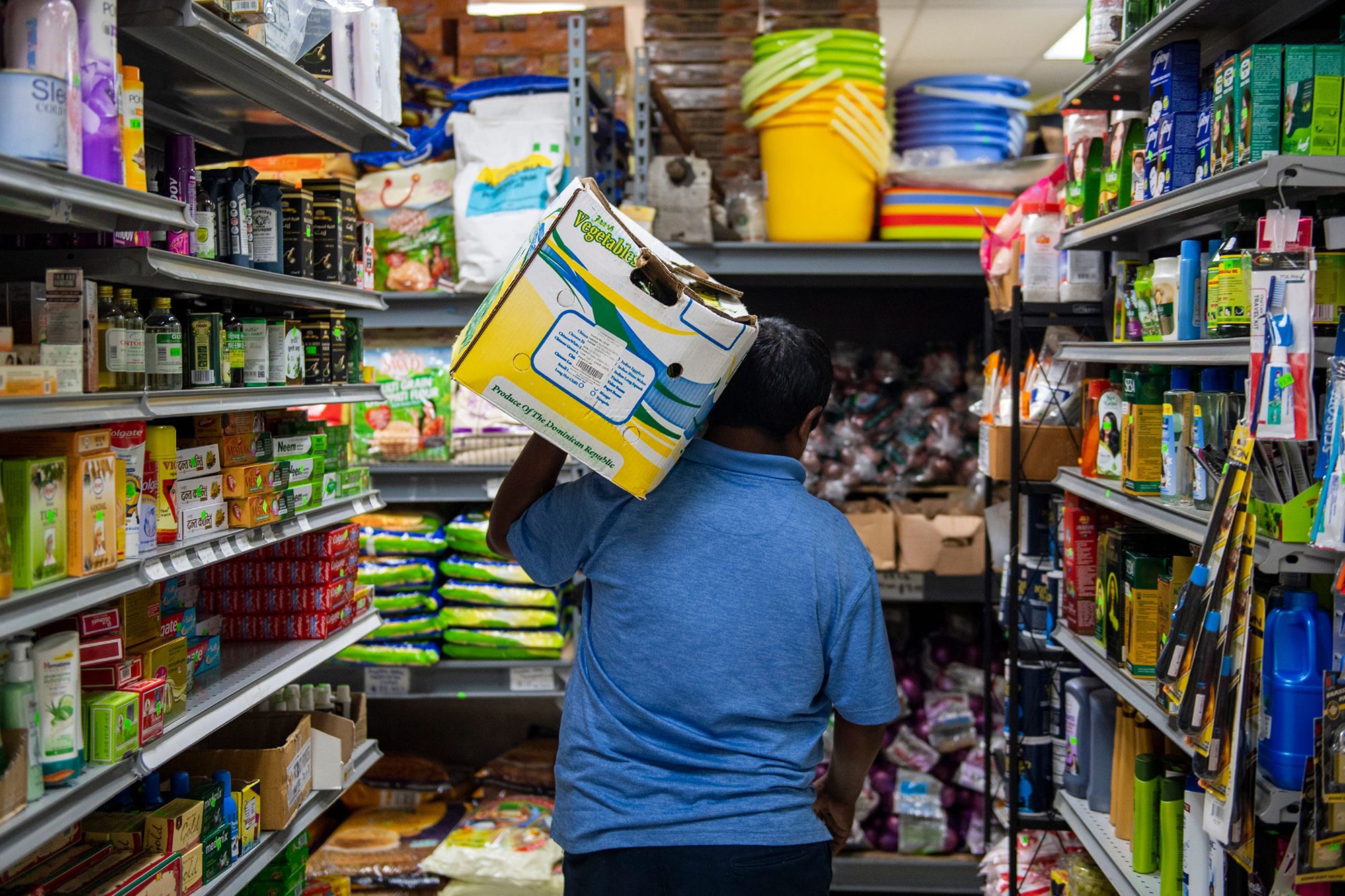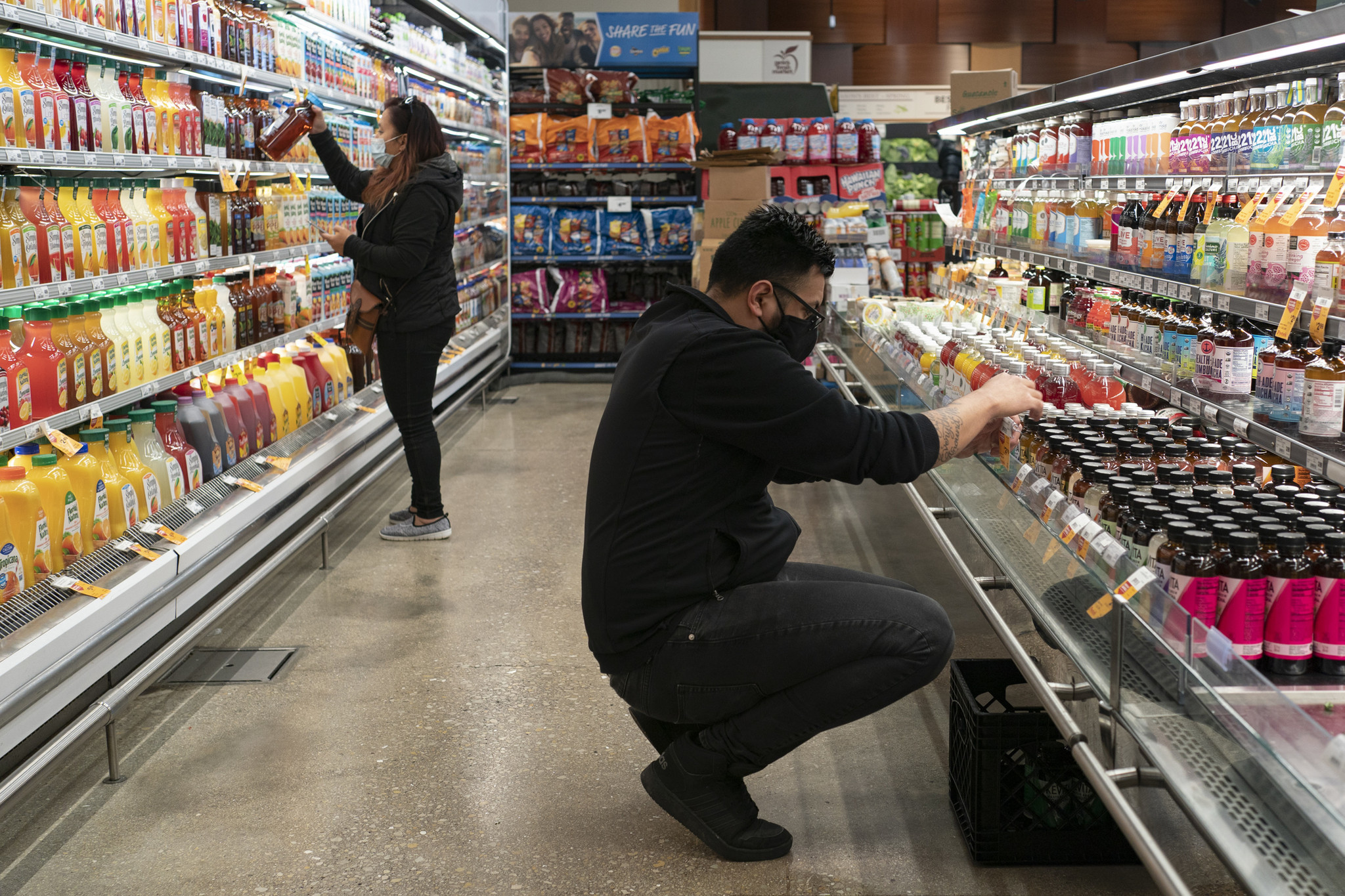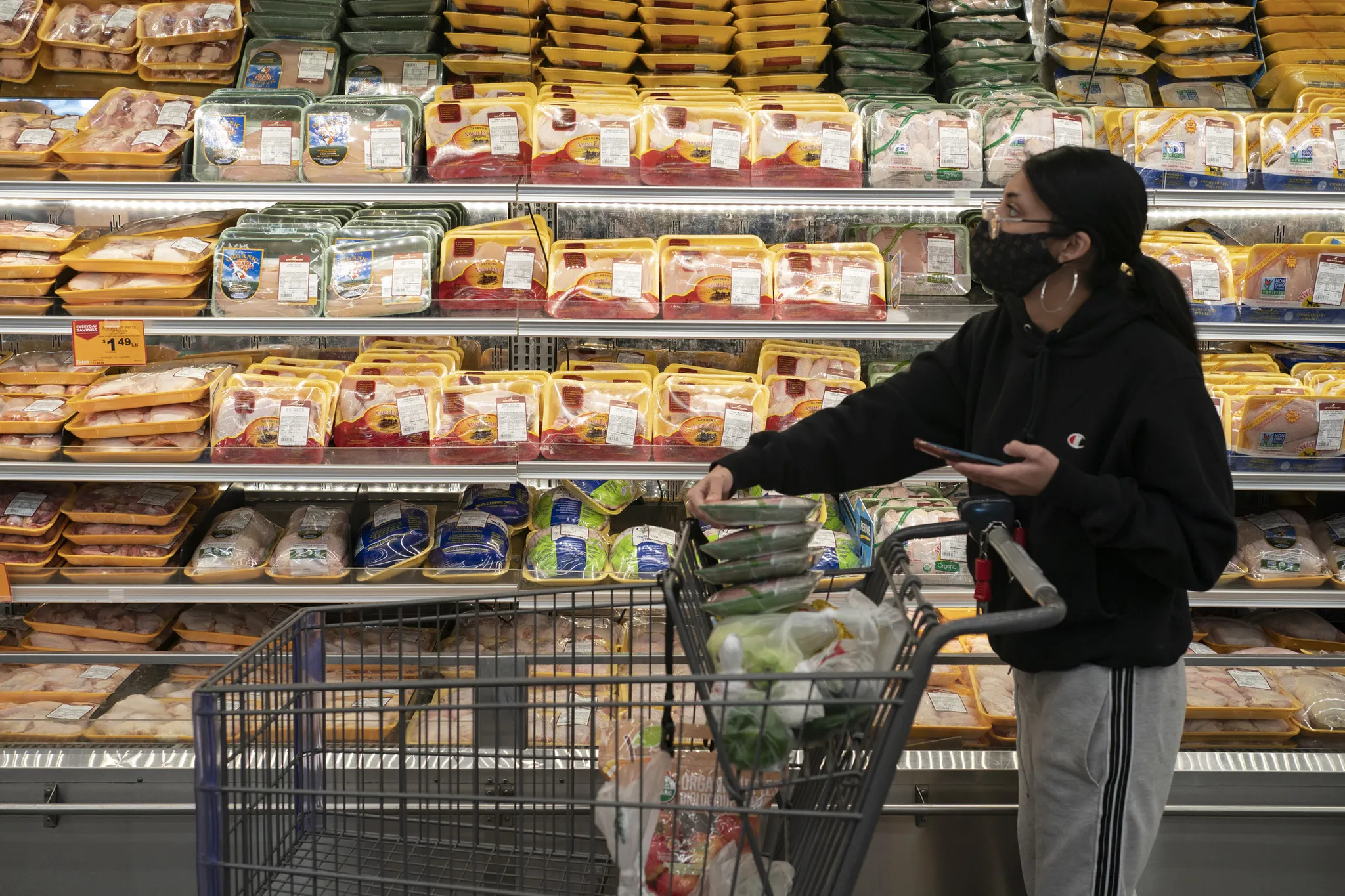In a dramatic turn of events, Chicago’s beloved specialty grocers Dom’s Kitchen & Market and Foxtrot have shuttered their doors, leaving employees and customers grappling with the suddenness of it all. This abrupt decision came without warning on a busy Tuesday morning.
Significantly impacting the lives of many, particularly the staff who found themselves without employment in an instant.

The closures not only affected local outlets but also extended to multiple locations across Dallas, Austin, and Washington.
This unexpected announcement was part of a larger narrative involving a recent merger under the umbrella company, Outfox Hospitality, which promised to enhance customer experiences and integrate services across brands.
Foxtrot and Dom’s Kitchen & Market: Legal Challenges on the Horizon
However, the spotlight quickly shifted from corporate expansion plans to legal turmoil as a class-action lawsuit surfaced against the companies.
The lawsuit, lodged in the Northern District of Illinois, accuses Dom’s Kitchen & Market and Foxtrot of violating both state and federal Worker Adjustment and Retraining Notification (WARN) Acts.
These laws mandate that employers with a significant workforce must provide at least 60 days notice before any mass layoffs or closures, a criterion allegedly flouted by the management of Dom’s and Foxtrot.
Dom's Kitchen & Market and Foxtrot are both confronting class action lawsuits due to abrupt layoffs at their specialty grocery stores https://t.co/mCK4pEzMVE via @southportcor
— Southport Corridor Chicago (@SouthportCor) April 24, 2024
Jamil Moore, a former employee at the Foxtrot location in Old Town, became a plaintiff in the lawsuit after his abrupt termination during his shift. His story is a stark emblem of the larger disruption faced by approximately 1,000 workers who might qualify for the class-action suit, as estimated by the complaint.
Syed Hussain, representing the affected employees, emphasized the urgency and significance of filing the lawsuit swiftly, noting that the discovery process in court would illuminate the full scope of the issue.
However, he also cautioned that the proceedings might stretch over a year before reaching trial.

The Corporate Response and Public Reactions
In the aftermath of the closures, Outfox Hospitality has remained tight-lipped, providing no immediate response to inquiries regarding the future of the brands or the ongoing legal challenges.
The silence from the corporate side stands in contrast to the vocal frustrations and confusion expressed by the workforce. Rebecca Haller, an employee at the Foxtrot store near Wrigley Field, recounted the chaotic scene as she and her colleagues scrambled to understand the sudden loss of their jobs through whispers and hurriedly sent company emails.

Looking Ahead: The Community and Legal Implications
As the community and former employees of Dom’s Kitchen & Market and Foxtrot brace for an uncertain future, the unfolding legal battle will likely serve as a critical case study on corporate responsibility and workers’ rights in the face of abrupt business decisions.
The legal outcomes could set precedents for how similar cases are handled in the future, especially in the rapidly changing landscape of corporate mergers and acquisitions.
Meanwhile, customers who once frequented these specialty grocers are left wondering about the implications for local markets and what this means for the availability of unique, high-quality groceries in their neighborhoods.
The closure of these stores not only marks a significant change in the local retail landscape but also highlights the delicate balance between corporate strategies and community impact.
As this story develops, all eyes will be on the courtroom and the boardroom to see how this tangled web of sudden corporate decisions and legal accountability will unfold, potentially redefining the narrative of employee rights and corporate governance in the bustling commercial hubs of American cities.










